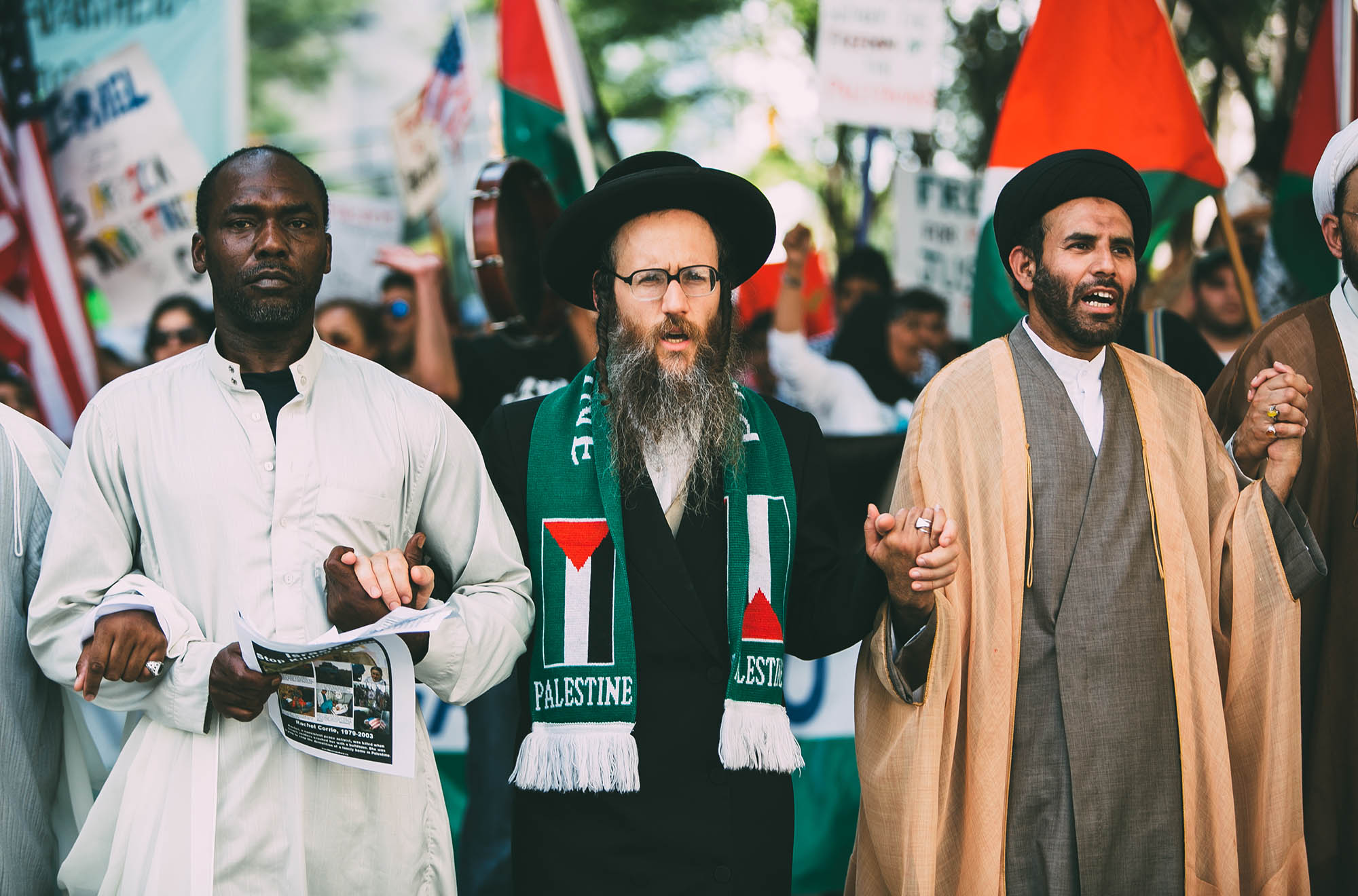The news media often speak of Islamists, raising questions about who Islamists are and what they’re about. To understand current events in the Muslim world and why jihadi Islamists strike as they do, you need to know three things about Islamism.
To begin, Islamism is the Muslim rejection of secularism, one of colonialism’s legacies in Muslim societies. Thus, Islamism is a relatively recent phenomenon, but one that’s rooted in Islam’s beginning.
The first Muslims infused both politics and law with religion, making them inseparable. Then after the Islamic civilization’s centuries-long rise and decline, the colonial powers divided the Muslim world up into more manageable nation states.
That done, the colonial authorities did what they could to set the Muslims they ruled adrift from traditional Islam. They separated religion and politics under their secular constitutions. Then they sidelined the sharia, or traditional Muslim law, largely replacing it with secular law codes. As traditional Islam’s grip on society loosened, Western culture, ideas and fashion became popular among progressive Muslims. Beginning in the late 19th century, Islamism was the reaction to all this.

Positively, Islamists have three main goals: to reintegrate their politics and faith, to re-institute the sharia and, finally, to reunite the global Muslim community politically.
Negatively, Islamists are determined to resist everything—whether secular or not—that would divert them from their goals or diminish Islam’s glory in the world.
Aiming to restore Islam to its former glory, Islamism claims to represent a return to pristine, “original Islam.” But reformist Muslims—often called “moderate Muslims”—argue that Islamism never existed before the 19th century. And they’re right. But it didn’t exist because it wasn’t necessary before secularism’s onslaught.
Secularism still threatens Muslim societies through Western music, movies, science, technology, education and fashion. Hence, Islamism remains thoroughly reactionary. But Islamism has always had a love-hate relationship with modernity, making it at once old and new.
Second, far from being monochromatic, Islamism comes in very different hues.
For example, there are major differences between
- The so-called Islamic State (IS)
- The Muslim Brotherhood
- Tunisia’s Renaissance Party (Ennahda)
- Turkey’s Justice and Development Party (AKP)

The Islamic State is notorious for its violence and terrorism. Representing mainstream Islamism, the Muslim Brotherhood strongly disavows the violence of IS. The Brotherhood seeks to work within the democratic process, though it may have a latent hostility to non-Muslim minorities. More encouraging is Tunisia’s Ennahda. Despite its Brotherhood ties, it’s been called “the mildest and most democratic Islamist party in history.”[1] The Justice and Development Party takes a far more heavy-handed approach than Ennahada, although the former holds the latter in high regard.
These are just four of Islamism’s many versions. Since Islamism is so varied, we must not paint all Islamists with one brush.
Last but not least, the majority of Muslims are not Islamists. Far from it—especially not in the West.
Liberal Muslim groups like the Ismailis and Sufis stand at the opposite end of the spectrum from Islamists and abhor violence. Liberal values also drew most mainstream Sunni and Shia immigrants to the West—values lacking in their countries of origin. Very few Muslim immigrants came to the West determined to reproduce the coercive culture they left behind.
But this is where it gets complicated. While most Muslims immigrants appreciate Western values, many traditional Muslims become more traditional upon immigrating. Among those who do, some sympathize with Islamism, though not typically its aggressive versions.
The problem, though, is that incendiary rhetoric uttered in God’s name can turn even the gentlest person violent—especially when he is carried along by a mob. That explains how a very small minority of disaffected Muslim immigrants—or their kids—become radicalized. (The same thing happens among Christian, Hindu and Buddhist fundamentalists.)
I wish Islamism weren’t so complex. But I’m making it no more complex than it is. And Muslims, just like non-Muslims, struggle to come to terms with Islamism’s many variations and how each relates to formative Islam.
—————————
[1] Robert F. Worth, A Rage for Order: The Middle East in Turmoil, from Tahrir Square to ISIS (New York: Farrar, Straus and Giroux, 2016) 198.



